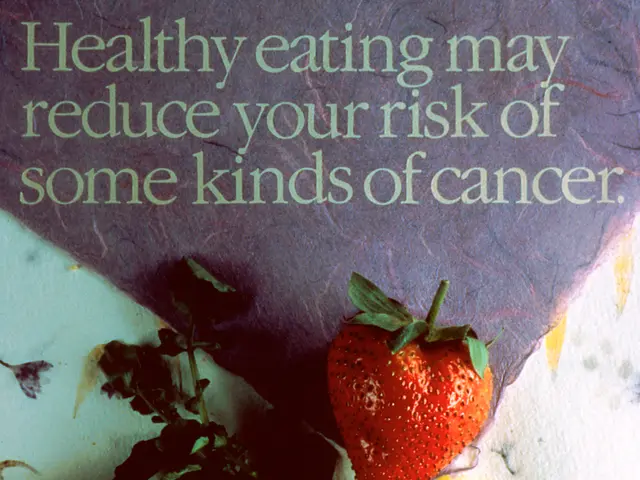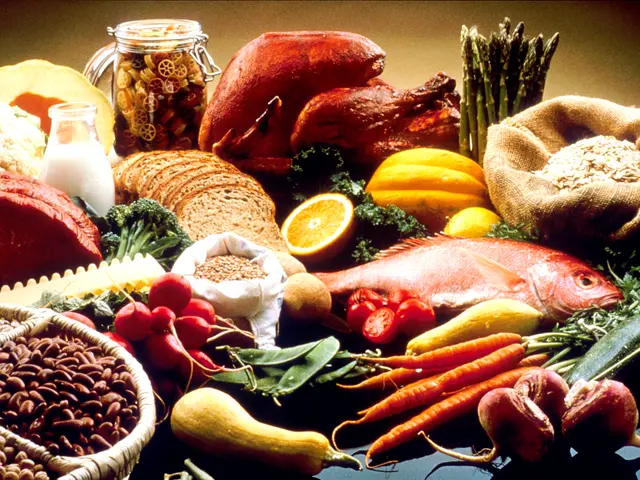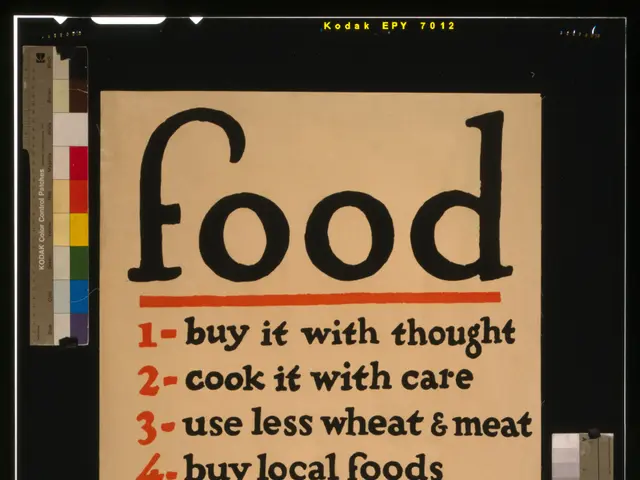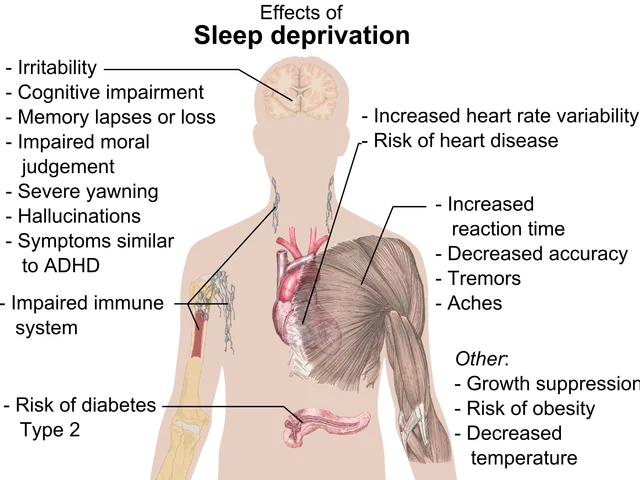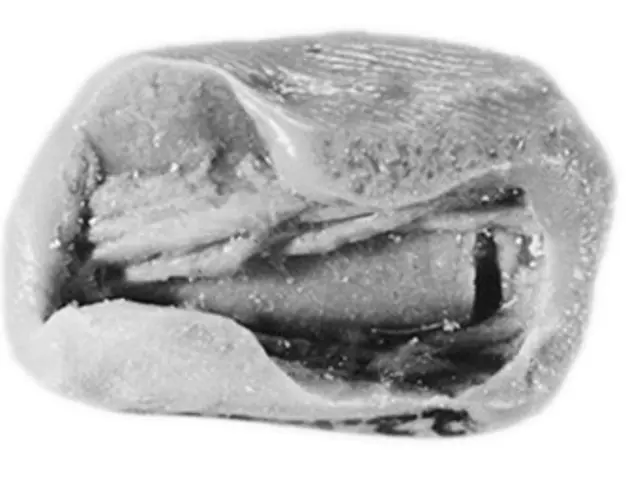Chile's Labeling Laws Slash Kids' Exposure to Unhealthy Food Ads, Inspiring U.S. Discussions
Chile has seen a significant drop in children's exposure to ads for unhealthy foods and a decrease in purchases of such products, following the implementation of strict labeling laws. The country's success has inspired other nations to consider similar measures, with discussions ongoing in the United States.
In 2016, Chile passed the Law of Food Labeling and Advertising, introducing mandatory front-of-package nutrient warning labels and marketing restrictions for children. This has led to a 73% reduction in children's exposure to ads for products high in ultra-processed ingredients and a significant decrease in purchases of these items. The law requires warning labels on products high in salt, sugar, saturated fat, and calories, which has positively impacted consumer habits.
Five countries have now passed legislation requiring nutrient warnings on products with excessive levels of unhealthy nutrients. Secretary of Health and Human Services, Robert F. Kennedy Jr., has expressed a desire to crack down on junk food ads targeting children but has not yet proposed concrete policy solutions. Poor diet is a major contributor to chronic conditions like obesity, cardiovascular disease, and diabetes.
In the U.S., discussions are underway to improve the health of the population through better food labeling. This includes proposals for mandatory warning labels on foods and beverages with high sugar content or other harmful ingredients, similar to those in some Latin American countries. Possible suggestions include warning labels on products, restrictions on advertising, and clear labeling of sponsored content in media.
Chile's success in reducing children's exposure to unhealthy food ads and purchases through labeling laws has inspired other countries to consider similar measures. In the U.S., discussions are ongoing to improve food labeling and advertising regulations, with potential benefits for public health. However, implementing such changes would require Congressional authority and may face opposition and legal challenges.

